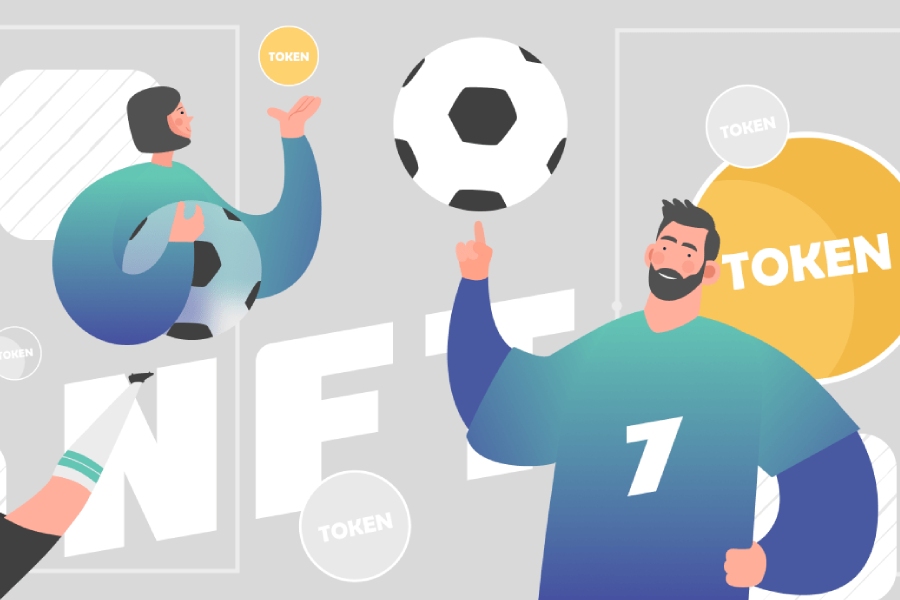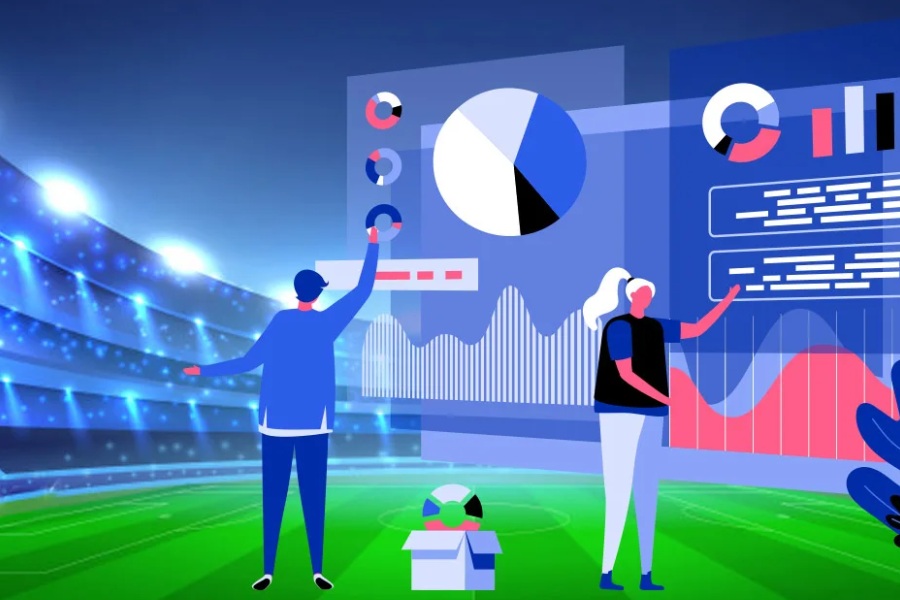In recent years, the sports industry has started embracing Web3 technologies, particularly blockchain, to innovate and enhance various aspects of sports financing. One of the most notable advancements is the tokenization of talent, where athletes and teams leverage blockchain technology to secure funding, engage with fans, and monetize their brand in unprecedented ways.
The Rise of Fan Tokens and Athlete Tokens
Fan tokens are digital assets that provide holders with voting rights on minor decisions related to a sports team, access to exclusive merchandise, content, and fan experiences. These tokens are usually issued on a blockchain platform, ensuring security and transparency in transactions. Teams like FC Barcelona, Paris Saint-Germain, and Juventus have successfully launched their own fan tokens, resulting in enhanced fan engagement and new revenue streams.
Athlete tokens take this concept further by allowing professional athletes to issue their own cryptocurrencies. These tokens represent a stake in an athlete’s earning potential, future earnings, or specific contractual rights like image licensing. In return, athletes gain immediate capital that they can use to train, recover, or expand their career opportunities without waiting for sponsorships or prize money.
Benefits of Tokenizing Talent
- Direct Funding and Financial Independence: Tokenization allows athletes to raise funds directly from fans and investors without intermediaries. This direct funding model can provide athletes, especially those in less lucrative sports or early in their careers, with more financial independence and stability.
- Fan Engagement and Loyalty: By purchasing tokens, fans gain a more active role in their favorite teams’ or athletes’ careers. This sense of ownership can significantly enhance fan loyalty and engagement, creating a more interactive and rewarding fan experience.
- Brand Expansion and Monetization: Athletes and teams can expand and monetize their brand beyond traditional methods. Token holders might receive exclusive content, merchandise, or experiences, adding value to the investment and further promoting the athlete’s brand.
- Transparency and Trust: Blockchain’s inherent properties ensure that all transactions are transparent and secure, enhancing trust between athletes, teams, and fans. This transparency is particularly crucial in financial dealings and voting mechanisms.
Examples of Tokenization in Sports
- Socios.com: Many football clubs have partnered with this platform to launch their fan tokens, allowing fans to vote on club decisions like jersey designs or match locations.
- Spencer Dinwiddie: The NBA player pioneered in this space by tokenizing his own contract to raise funds, although he faced regulatory hurdles that highlighted the challenges of such innovations.
Challenges and Considerations
While tokenization offers numerous benefits, it also comes with challenges that need addressing:
- Regulatory Compliance: The legal landscape for blockchain and cryptocurrencies is still evolving, with varying regulations across countries. Athletes and teams must navigate these complexities to ensure compliance.
- Market Volatility: Cryptocurrencies are known for their price volatility. This can pose risks for both investors and athletes, particularly if the value of tokens fluctuates wildly.
- Adoption Barriers: There is still a significant portion of sports fans and stakeholders who are unfamiliar with blockchain and cryptocurrencies. Educational efforts and user-friendly platforms are essential to overcome these adoption barriers.
The Future of Tokenization in Sports
As Web3 technologies continue to evolve, the potential for tokenizing talent in sports seems boundless. With further developments in technology, legal frameworks, and market acceptance, tokenization could become a mainstream mechanism for sports financing, fan engagement, and athlete empowerment.
Conclusion
In conclusion, the tokenization of talent through Web3 is not just transforming sports financing; it’s redefining the relationship between athletes, teams, and fans, paving the way for a more interconnected and mutually beneficial sports ecosystem. As this trend continues, it could significantly alter the business model of sports worldwide, providing more opportunities and greater access to resources for athletes at all levels.







